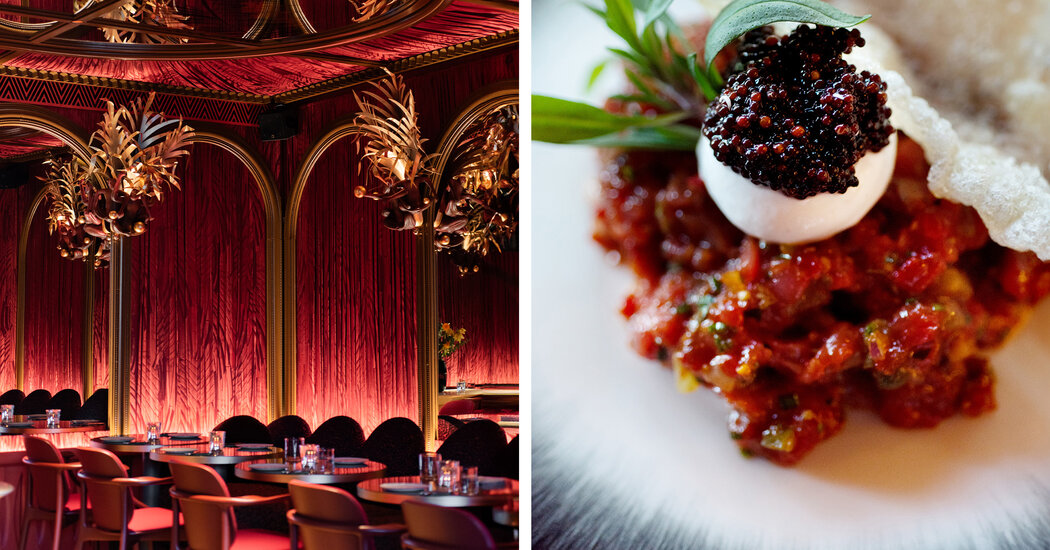During the 42 years that Estée Lauder worked at her namesake company, she oversaw the creation of a dozen scents and encouraged women to create fragrance “wardrobes” tailored to every occasion and mood. The brand’s Legacy Collection, which comes out on Feb. 1, revives five of Lauder’s creations with the help of Frédéric Malle (whose perfume brand was acquired by the Estée Lauder Companies in 2015) and the perfumers Anne Flipo, Carlos Benaïm and Bruno Jovanovic, all of whom have worked with Malle on previous fragrances. During an interview inside Lauder’s well-preserved office near Central Park, Malle explained how he retooled the scents using more modern fragrance-making techniques. He noted that, in Lauder’s day, perfumers combined base scents that were “like premixed mini-perfumes” to create a final fragrance. “They contained things that weren’t necessary and created background noise,” Malle said. To update the formulas, any nonessential ingredients in those bases were stripped away — “it’s like cleaning up,” he said. The new collection has notes that range from fresh and herbaceous to musky and sweet. Azurée, initially released in 1969, evokes dry Mediterranean shores with herby notes like basil and tarragon as well as jasmine, spicy cardamom, bergamot, and cumin, which Malle amplified in his edition. For White Linen, a classic floral bouquet of rose and jasmine, Malle used pure labdanum, an ambery resin from the rockrose plant, which wasn’t available when the scent debuted in 1978. Knowing, a seductive scent from 1988, “contained a little bit of the Muzak of the ’80s,” Malle said. The modernized version is a fruity chypre with raspberries, black currant, rose and patchouli. The overall goal of the collection, Malle said, “is to revive this work and show how good Mrs. Lauder was.” The Legacy Collection is available from Feb. 1, $280, esteelauder.com.
Eat Here
In Istanbul, a Red Velvet Bistro From the Owners of Arkestra
When Debora Ipekel, a former music business executive, and her husband, Cenk Debensason, a classically trained chef, first came up with the concept for a new restaurant venture in their hometown, Istanbul, they wanted to create an experience that would encompass both their worlds. “Hospitality extends beyond serving great food — it’s about creating an atmosphere that reflects our identity,” says Ipekel. Arkestra, named after the Sun Ra Arkestra, the avant-garde jazz group formed in…
Click Here to Read the Full Original Article at NYT > Travel…
